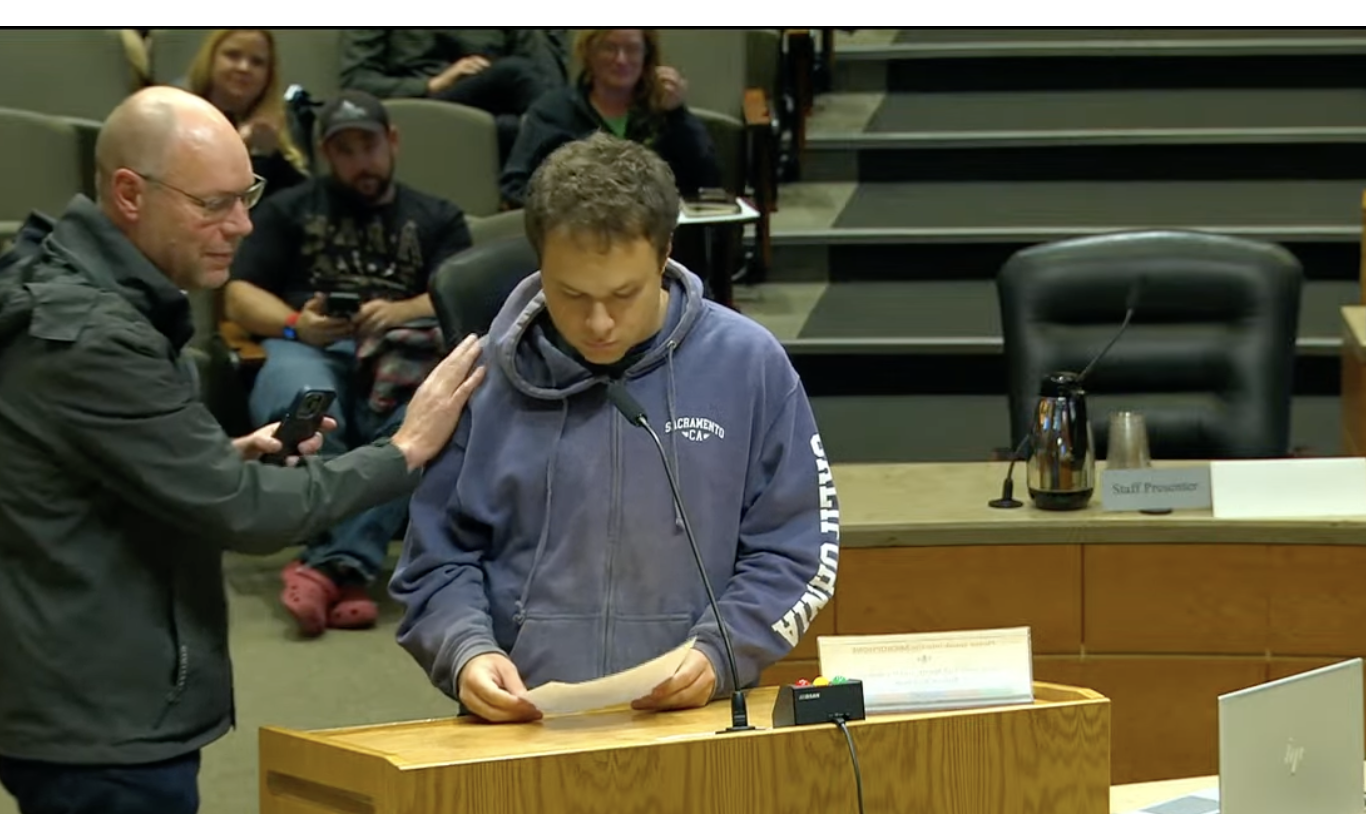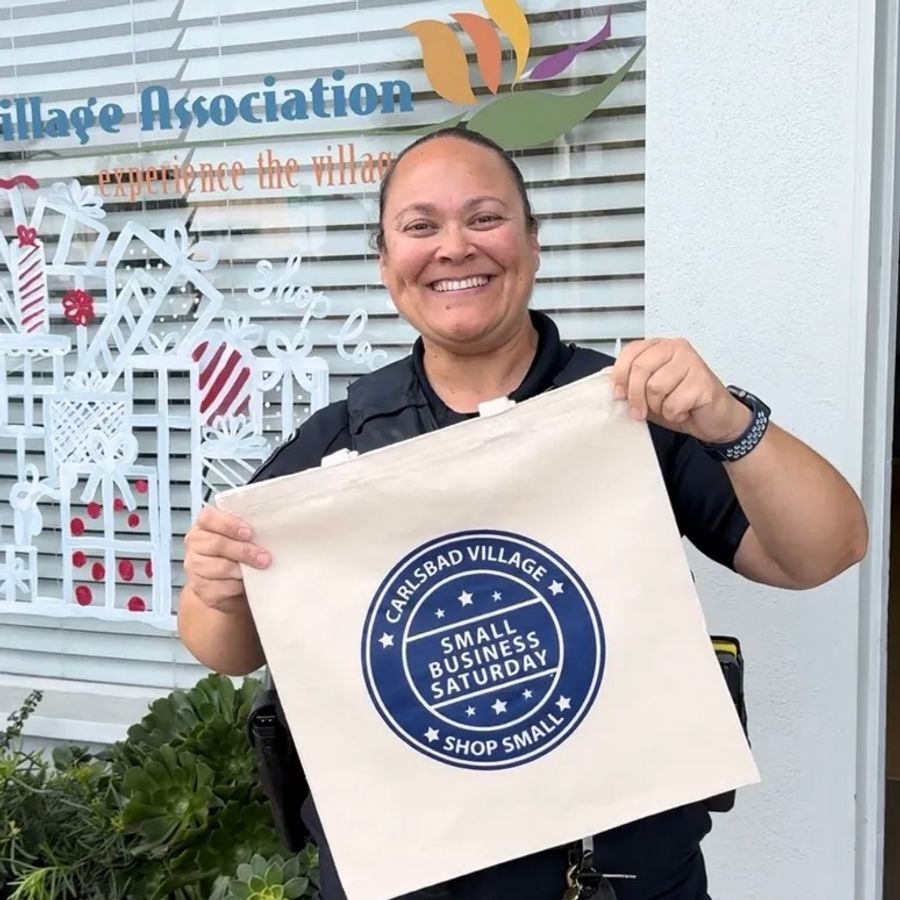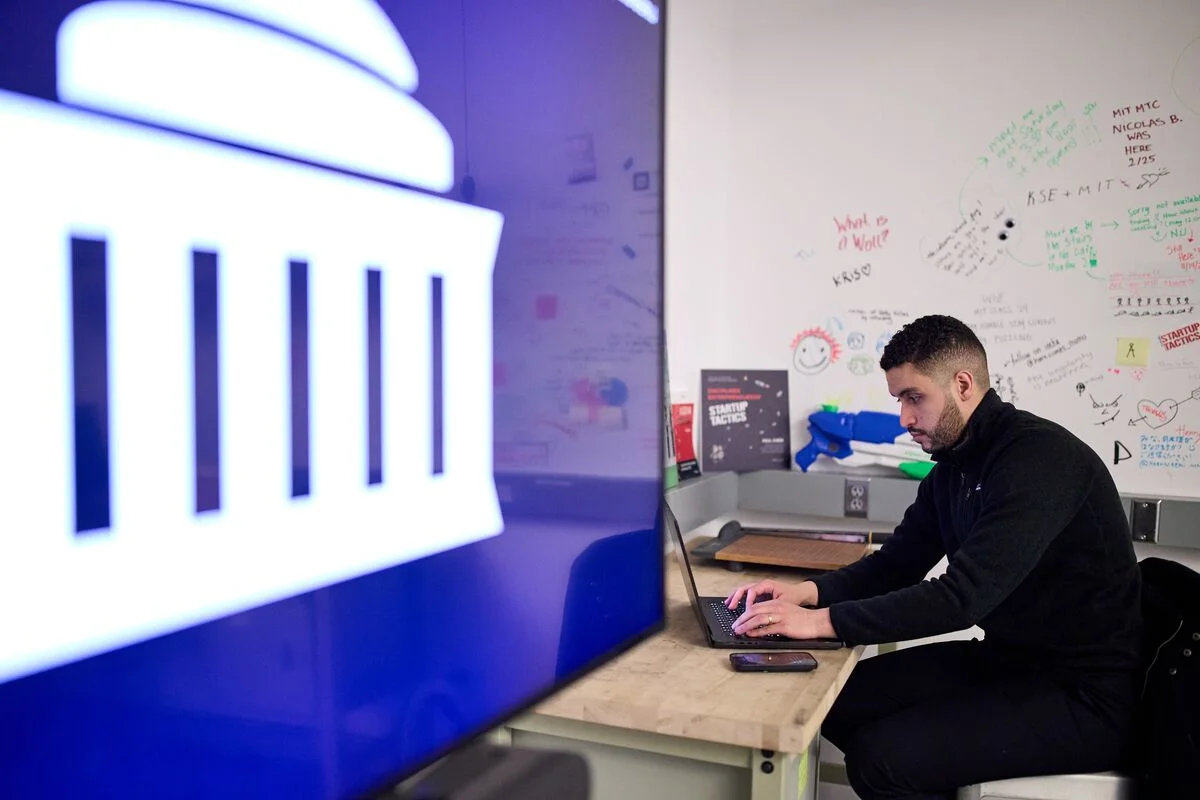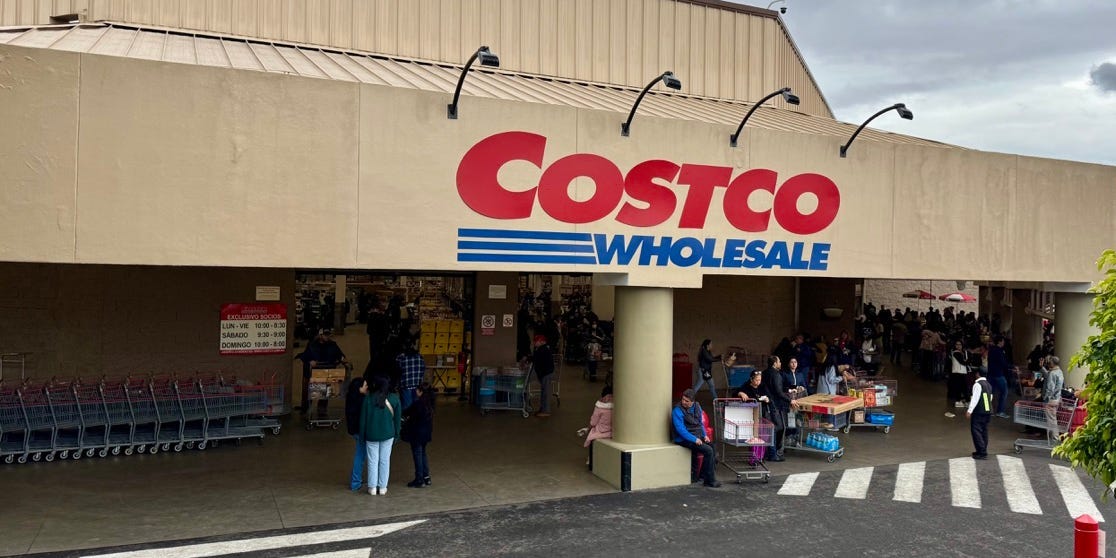AURORA | A dispute over a proposed car wash in northeast Aurora took an emotional turn last week after a soft-spoken young man delivered a heartfelt speech that brought everyone in the city council chambers to their feet.
Public pushback at city hall over an approved QuikTrip “Bubble Bath” car wash on East Colfax and Airport Boulevard has ignited a land use battle, pitting a national chain against a locally owned car wash whose owner claims will go out of business if the new car wash opens nearby.
QuikTrip built one of its signature gas stations and convenience stores on the corner lot a few years ago. Earlier this year, QuikTrip owner Evergreen Devco Inc. applied to the city for a permit to build a large car wash on the same lot. The Aurora Planning Commission granted the building and use permit last month.
Owners of the nearby Gleam Carwash, which opened their carwash in 2023, began pushing back against the Quick Trip application as soon as they heard about it and have been pushing for a denial ever since.
City council was likely to call up the case because of the Gleam owner intervention. But Aidan Riggs’ testimony at the Nov. 17 City Council meeting stole the room, and transformed a technical, building-code-driven land-use dispute into a story about jobs, dignity and the people behind small local businesses.
“Gleam believes in me, and that makes me believe in myself,” Riggs told the city council and audience. It was the first time the city council had met in public since June, ending a stand-off with regular protesters linked to the 2024 police shooting death of Kilyn Lewis. The room was nearly filled.
Riggs, a neurodiverse employee with autism at Gleam Car Wash, approached the lectern at the city council meeting nervously, restarting his speech several times as his father filmed from the front row.
The room of people sat quietly as he tried again and again to begin.
When he finally pushed through his anxiety and began reading, the room leaned in to listen.
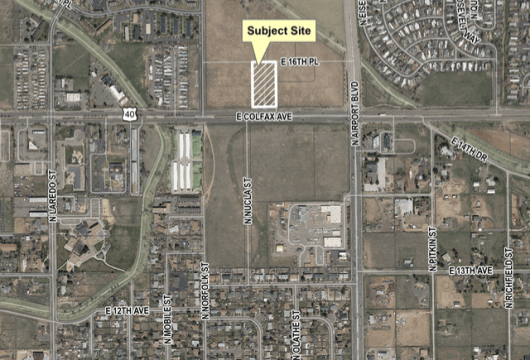
“Gleam Car Wash is a place where people with autism like me get a chance to work and be a part of something special,” he said. “I hope more jobs can be like Gleam, full of opportunities for everyone.”
Riggs thanked Gleam for giving him and his friends a workspace where he feels safe, valued and included. Gleam has two locations, one in Denver and one just east of Interstate 225 on East Colfax Avenue in Aurora. The locally owned car wash employs nearly 50 people, including 15% who are neurodivergent.
When Riggs finished his speech, the audience erupted. Councilmembers and attendees all rose to their feet for an incredibly rare city council meeting standing ovation.
While the speech drew an exclamation point to the push-back against the city’s planning commission for approving the QuikTrip project, the controversy isn’t over.
Gleam employees, officials and supporters have compiled a list of complaints they say are grounds for the city council to reverse the planning commission approval and prevent QuikTrip from opening the competing car wash.
Planning commission documents and records show that while the commission raised the question of a competing business, the project met city requirements and criteria, and the conditional use approval was perfunctory with a 7-0 vote Oct. 22.
There are currently three car washes already within 500 yards of the QuikTrip on the corner of Colfax and Airport Boulevard, and ten within two miles, Gleam officials say.
Emilie Baratta, the owner of Gleam, who also spoke during public comment, said that the market cannot support another tunnel wash in that area, and that Gleam’s Aurora site has struggled to break even. She said that QuikTrip’s size and rewards program would allow it to “buy market share” long enough to drive out all of the smaller operators nearby.
Another person who spoke during the meeting, Elijah Williams, a car wash designer and installer, said that industry standards call for at least two miles between conveyor washes. QuikTrip’s gas station, which plans to build an add-on carwash, is about 1,900 feet from Gleam.
Aurora already has 30 conveyor car washes, many built just in the last three years, Williams said during the Planning and Zoning Commission meeting Oct. 22, where he also testified.
Doug McMurran, who has developed millions of square feet of commercial property and is a co-owner in the nearby former Super Kmart plaza, said he normally supports commercial development, but not this time.
He said during the planning and zoning meeting in October that adding another car wash so close by could push Gleam and other operators under, eroding the city’s tax base.
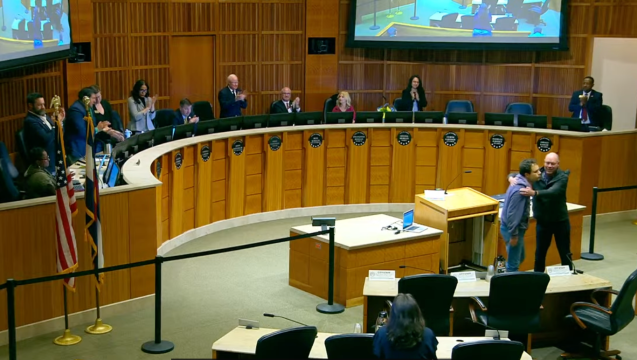
He said that too many car washes in such proximity would produce precisely the kind of blight city leaders say they want to avoid, especially on the East Colfax Corridor.
Some city council members addressing similar issues have made clear the city can’t and shouldn’t impose government in a free-market society, and that such interference is anathema to a fair and open business community.
McMurran, Baratta and others, however, argue that the proposal did not meet all of the city’s conditional use requirements. Specifically, it failed to address or mitigate adverse impacts on the local community.
Residents who also spoke during the council meeting said that a required neighborhood meeting never occurred, that planning notices were not visible, and that appeals were impossible because QuikTrip owns all the adjoining parcels.
Planning commission records show that notice of the project and a planning commission hearing was published in the Sentinel legal notices Oct. 9, 2025, and that five adjacent property owners and 14 registered neighborhood organizations were notified of the car wash application. Commission documents show the notification prompted comments from nearby businesses and residents. Many of the comments indicated concerns about “an oversaturation of competing uses in the area, with approximately three other Motor Vehicle Wash uses within a half mile,” as noted in planning commission records.
The car wash controversy came just weeks after the commission previously advised city council to reject a QuikTrip gas station project on the corner of Parker Road and South Havana Street because of an oversaturation of gas stations on Havana. City council rejected Planning and Zoning‘s recommendation because oversaturation was not a criterion for conditional use in the city code.
“This is not the first application we’ve seen this year that deals with density, and it’s time to take this to the legislative body,” Garrett Walls, the chairperson of the Planning and Zoning Commission, said during October. “Our scope is too narrow to even contemplate those types of issues at this point. So unfortunately, I find that this particular application does meet our prescribed sections of code.”
Since there is no criteria in city code for industry saturation or competition, city council could make criteria or even create a moratorium on car washes, but both of those changes would take time and would not change QuikTrips’ ability to be approved.
Lakewood adopted a new zoning rule in January requiring car washes to be spaced a half mile apart due to water use and environmental concerns, according to the Denver Post. Firestone also implemented a 2023 moratorium on carwashes to conserve water. It ended in 2024.
Aurora’s planning and zoning department’s narrow scope, the narrow legal box around conditional-use review and many email complaints sent to city council members and staff made the likelihood of a city council call-up almost inevitable.
Riggs’ and the many other people who spoke to the issue, including Baratta, changed who would be paying attention when the case arrives there at a future city council meeting.
Councilmember Alison Coombs moved to call up the case, triggering a quasi-judicial appeal. The motion passed 7–1, with Councilmember Curtis Gardner opposed. Gardner’s opposition was not surprising, as he regularly argues for a free market with limited government oversight.
City Attorney Pete Schulte said that, since the matter is an appeal, it becomes a courtroom-style proceeding, meaning that city council can no longer read emails or messages from either side, and that all evidence must be presented only at the hearing, and that any improper contact could taint the process.
“Everything has to come through the evidence here in the council chambers,” Schulte said.
The hearing is scheduled for no earlier than Dec.15.

